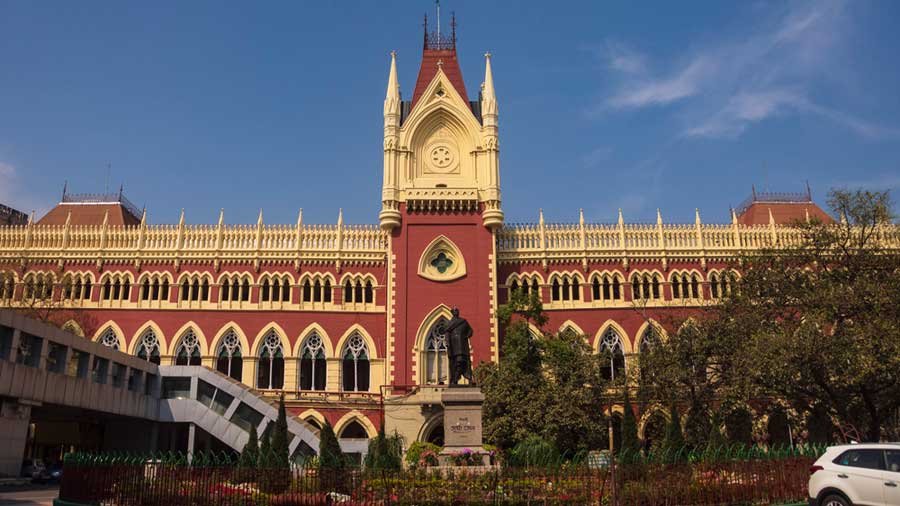The administrations of Uttar Pradesh, West Bengal, Madhya Pradesh, Andhra Pradesh, Telangana, Punjab, Odisha, Jharkhand, Kerala, Tamil Nadu, and Maharashtra have all been called upon to provide responses, in addition to the Central government.
In the case of Sukanya Shantha vs. Union of India, the Supreme Court issued a notice on Wednesday to the Union government and eleven states in response to a petition alleging that prison regulations in these states perpetuate caste-based discrimination among inmates.
A bench comprising Chief Justice of India (CJI) DY Chandrachud and Justices JB Pardiwala and Manoj Misra recognized the matter and sought the assistance of Solicitor General (SG) Tushar Mehta in addressing it.
“This is an extremely significant concern that has come to light. The court has requested SG Mehta’s assistance. A tabular chart should be prepared for each state manual,” ordered the Court.
SG Mehta also described the situation as “unacceptable” and stressed the need for collective efforts to address it. Journalist Sukanya Shantha filed the petition, in which she argued that prison facilities continue to be venues where caste-based discrimination prevails, even affecting manual labor assignments, affecting denotified tribes and habitual offenders.
The petitioner’s stance was to eliminate discriminatory provisions found in various state prison manuals.
Senior Advocate S Muralidhar, supporting the petitioner, argued that there have been instances where Dalits were segregated into separate correctional facilities, while members of other castes were held in separate zones.
“Such caste-based discrimination exists from the moment one enters the prison,” he said. Following a preliminary review of the initial submissions, the Court issued notices to the Union government, as well as to the states of Uttar Pradesh, West Bengal, Madhya Pradesh, Andhra Pradesh, Telangana, Punjab, Odisha, Jharkhand, Kerala, Tamil Nadu, and Maharashtra.



